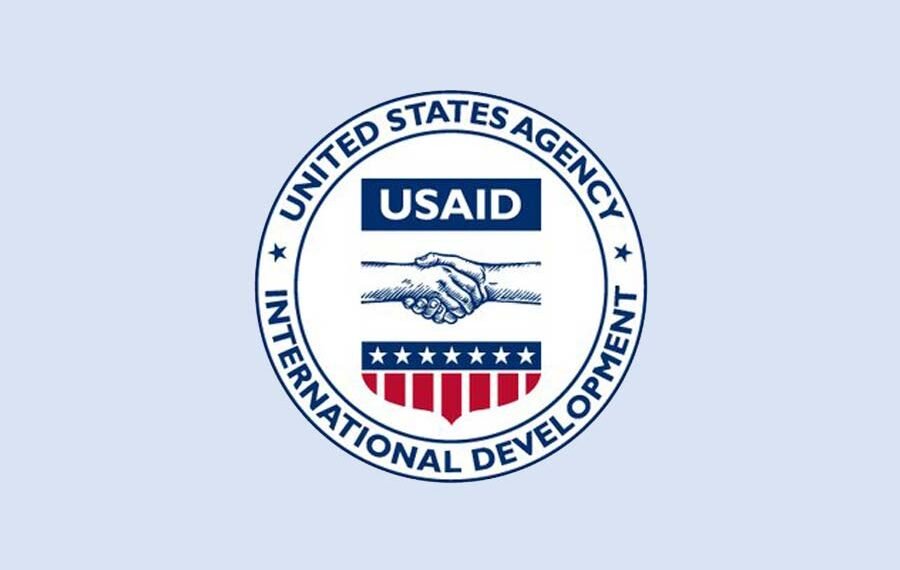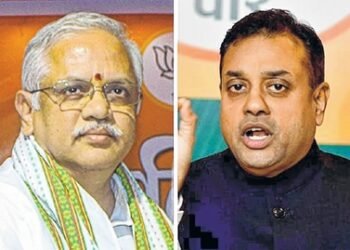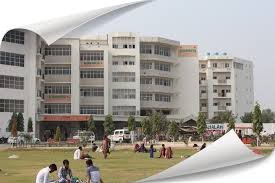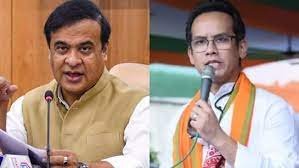Political Showdown: Congressional Democrats warn of a constitutional crisis as Trump’s administration reviews the future of USAID, a Cold War-era agency central to U.S. foreign assistance.
BY PC Bureau
The U.S. Agency for International Development (USAID) abruptly went offline Saturday without explanation, amid ongoing furloughs, program shutdowns, and layoffs driven by President Donald Trump’s freeze on U.S.-funded foreign aid and development efforts worldwide. The 90-day freeze, enacted on Trump’s first day in office, has disrupted thousands of global programs and caused widespread concern among lawmakers and aid organizations.
Democratic Concerns Over USAID’s Survival
Congressional Democrats openly clashed with the Trump administration, voicing fears that the president may seek to dissolve USAID as an independent agency and absorb its functions into the State Department. Democrats assert that such a move would be illegal without congressional approval and emphasize USAID’s crucial role in national security and diplomatic efforts.
USAID Website Goes Dark Amid Trump Administration Aid Freeze
Senator Chris Murphy condemned the potential dismantling of the agency, stating that Trump’s actions signal a constitutional crisis. “That’s what a despot — who wants to steal taxpayers’ money to enrich his billionaire cabal — does,” Murphy remarked in a post on X (formerly Twitter).
Republican Support for Restructuring
The Trump administration, backed by some congressional Republicans, views many foreign aid programs as wasteful, often criticizing initiatives they claim advance liberal social agendas. Secretary of State Marco Rubio confirmed that USAID programs were under review to determine which align with U.S. national interests but made no mention of dissolving the agency.
Rubio highlighted that the shutdown had led to “more cooperation” from aid recipients, though aid organizations reported confusion and paralysis in global operations due to unclear guidelines on which programs remain operational.
A Legacy at Risk
Why was USAID funding the Wuhan Lab? pic.twitter.com/HccUbrd2mC
— Mike Benz (@MikeBenzCyber) February 2, 2025
Established by President John F. Kennedy in 1961 during the Cold War to counter Soviet influence, USAID has since become a critical player in U.S. challenges to China’s rising influence, particularly through Beijing’s “Belt and Road” initiative. The agency handles billions of dollars in humanitarian, development, and security assistance, cementing the U.S.’s position as the world’s largest donor of humanitarian aid.
Despite accounting for less than 1% of the federal budget, USAID’s programs are often a target of political debate. The agency has been at the center of partisan clashes, with Democrats advocating for its autonomy while Republicans push for more control under the State Department.
ALSO READ: A Son’s Heartfelt Plea: Kim Aris Seeks Aung San Suu Kyi’s Freedom with Folded Hands
A History of Tensions
This is not the first time USAID has faced funding threats under Trump. During his first term, the administration attempted to slash foreign operations by one-third, a move blocked by Congress. In response, the administration implemented freezes and other budgetary tactics that the General Accounting Office later deemed illegal under the Impoundment Control Act.
The Musk Factor
Billionaire Elon Musk, an informal advisor to Trump, has fueled the push for dismantling USAID. In a tweet referencing the agency, Musk wrote, “Live by executive order, die by executive order.” His posts have garnered significant attention, aligning with calls for downsizing federal agencies in the name of efficiency.
Uncertain Future
As USAID staff monitor developments and lawmakers escalate their defense of the agency, questions remain about the long-term implications of Trump’s actions. The freeze has already dealt a significant blow to U.S. foreign aid efforts, and the agency’s fate now hangs in the balance amidst heightened political tensions and global scrutiny.













